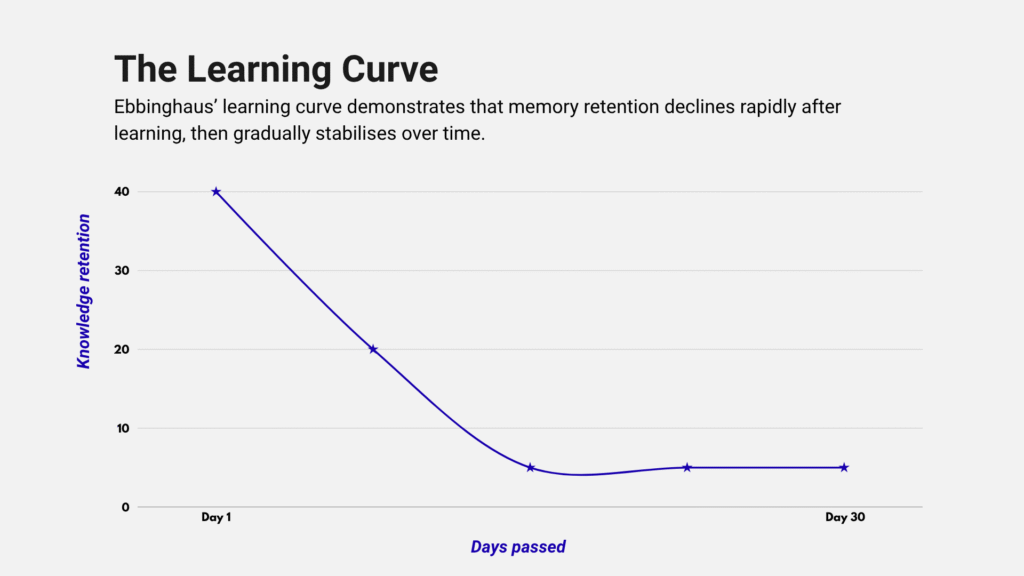Ways to revise more effectively: There’s no doubt that revising is an essential part of your child’s learning. But you’ve probably noticed that some days it’s easier than others for them to retain information or have a “good study session”.
But watching your child spend hours revising only to struggle to remember key facts later can be worrying and frustrating for them.
Many people assume that poor memory is just part of the learning process, or that more time with the books will fix it.
But research into how memory actually works tells a different story.
Effective revision isn’t just about how long a child studies, it’s about how they study.
By understanding the science of memory, you can guide your children towards more effective study sessions and hopefully happier children!
How does memory work?
Often considered a mysterious concept, memory actually functions in a very specific way. In fact, it can be broken down into a three-step process: encoding, storage, and retrieval.
- Encoding happens when a child first takes in information, listening in class, reading notes, or watching a video.
- Storage refers to how that information is retained over time.
- Retrieval is the ability to recall it later, for example, during an exam or when explaining it to someone else.
Each stage affects the next. But each is equally important in the process of utilising memory to its best ability.
For example, if your child is tired, distracted, or anxious while learning, their brain won’t encode information properly, which makes storage and recall much harder.
That’s why helping your child study in a calm, focused environment can dramatically improve the first stage of learning.
Why children forget: The “forgetting curve”
Psychologist Hermann Ebbinghaus discovered that we naturally forget new information quickly unless it’s reviewed.
His famous forgetting curve shows that within 24 hours, up to half of what we’ve learned can fade from memory, and within a week, as much as 80% may be lost.

This is why spaced repetition is so powerful. Instead of cramming, your child should review material at increasing intervals. Each review strengthens memory and slows forgetting. Parents can help by encouraging short, regular study sessions instead of long, last-minute marathons.
Many digital tools, such as Anki or Quizlet, use algorithms to automate spaced repetition. But even a simple calendar system or flashcard box can help your child plan reviews effectively.
We cover 3 ways to help with memory learning below:
- Retrieval practice
- Interleaving
- General wellbeing
1) Try testing, not just reading
A common mistake students make is believing that rereading notes equals learning.
In fact, retrieval practice, actively testing knowledge, is far more effective. When your child tries to recall an answer from memory, their brain strengthens the neural pathways needed to access that information later.
You can encourage retrieval practice at home by:
- Asking your child to explain a topic in their own words.
- Turning notes into quiz questions or flashcards.
- Using past papers or online quizzes for self-testing.
- Playing short “recall games” where they teach you what they’ve learned.
Even if your child makes mistakes during these exercises, that’s valuable, the brain remembers corrections better than passive review.
2) Mixing it up: The power of interleaving
Children often study one subject for hours before switching to another. However, research shows that interleaving, mixing different topics or question types, leads to better long-term learning. For example, switching between, say, maths problems and science concepts keeps the brain active and prevents it from relying on rote patterns.
How does this look in practice?
Well, you could help structure revision time so that subjects rotate frequently. For example, 30 minutes of maths followed by 30 minutes of history, then a short break, can be more effective than two solid hours of one subject.
3) Sleep, exercise, and memory
It sounds obvious, but no matter how effective the study method, memory won’t stick if your child is sleep-deprived or inactive.
During sleep, the brain consolidates memories, turning short-term knowledge into long-term understanding. So, if your child is skipping sleep before exams in favour of extra study, it actually harms performance and recall.
Regular physical activity can also boost brain function. Exercise increases blood flow and releases a protein called BDNF (brain-derived neurotrophic factor), which promotes learning and memory. Encouraging breaks, outdoor time, or a quick walk between study sessions helps the brain recharge.
Turning memory science into confidence
As parents, when you start to understand how memory really works, organising revision and studying becomes less about pressure and more about strategy.
Your child learns to use their brain efficiently, building knowledge that lasts beyond exams, but equips them for the rest of their life. Instead of endless rereading, they engage with material in a way that truly sticks.
Memory isn’t fixed, it’s a skill that can be developed with the right methods and mindset. With your encouragement and some of these learning methods, your child can move from frustration to confidence, transforming study time into genuine learning that lasts.

